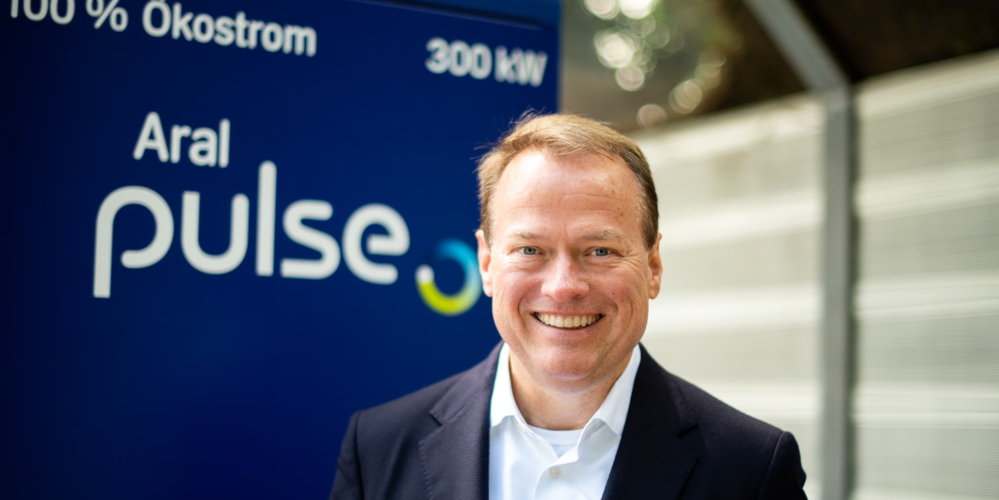Aral pulse seeks to accelerate the deployment of charging infrastructure in Germany, identifying bureaucratic procedures as the primary obstacle.
According to Alexander Junge, the company could have an additional 1,000 charging points operational if administrative processes were more streamlined and network connections were implemented more swiftly.
“We hope that the expansion of electromobility in Germany will gain momentum and that the bureaucracy surrounding the expansion of the charging network will be eliminated,” says the Aral Board Member and General Manager for Central Europe at bp pulse.
In this regard, Aral pulse addressed these concerns to the German Government.
“For example, we are calling for transformer stations to be exempt from approval in all German federal states,” he informs Mobility Portal Europe.
This demand is part of the need to accelerate the installation of charging infrastructure in a country that aims to reach one million charging points by 2030.
The political landscape and its impact on eMobility
The future of electric mobility in Germany is directly linked to the political decisions made in the coming months.
Particularly within the context of the upcoming elections, scheduled for 23 February, which will define not only the political stability of the country but also its capacity to lead the energy transition in Europe.
What signals are expected from Aral pulse?
“We expect the coexistence of the drive systems for many years to come,” says Junge.
He further emphasises: “We trust that the new government will make a clear commitment to electric mobility and the expansion of charging infrastructure.”
In this context, he highlights the abrupt end of subsidies for electric vehicles (EVs) in 2023 as a “bad sign” for many drivers.
“If the transition to sustainable mobility in Germany is to succeed, we need both a broad portfolio of fuels for combustion engine vehicles and ultrafast charging for EVs,” he asserts.
Aral pulse’s eMobility strategy
With around 2,400 stations in Germany, Aral boasts a “large and attractive” network.
Currently, the company operates over 3,300 charging points across approximately 470 locations in the country, with its expansion ongoing.
“We have successfully expanded our ultrafast charging network,” he mentions, highlighting the opening of Aral pulse’s first independent charging centre in Mönchengladbach.
This is a service station dedicated exclusively to electric vehicle charging.
“We began with the inauguration in November 2024, and there we offer 14 chargers, each with two charging points and a power output of up to 400 kilowatts (kW),” Junge details.

Regarding new agreements, the company maintains a steady growth pace.
Partnerships with fast food chains and the REWE supermarket group are key to its expansion strategy.
“We are planning more charging centres, for example, at Hamburg Airport and near a central motorway in our hometown, Bochum,” Junge informs.
In this context, he highlights that the company started installing chargers with a capacity of up to 400 kilowatts, allowing up to 300 kilometres of range to be charged in just ten minutes.
“This enables us to offer even faster charging speeds,” he emphasises.
Aral pulse is not only focused on cars but also on heavy transport.
The company established a network of 26 charging sites for electric trucks, including the Rhine-Alpine charging corridor, the first of its kind in Europe.
“We want to be the first choice for our customers,” stresses Junge.
Moreover, the company modernised its payment systems to facilitate access to the “refuelling” infrastructure.
Drivers can use the app or the charging card, launched in 2024, in addition to other available options at the chargers.
“Customers can charge their vehicles easily and conveniently,” Junge mentions.








